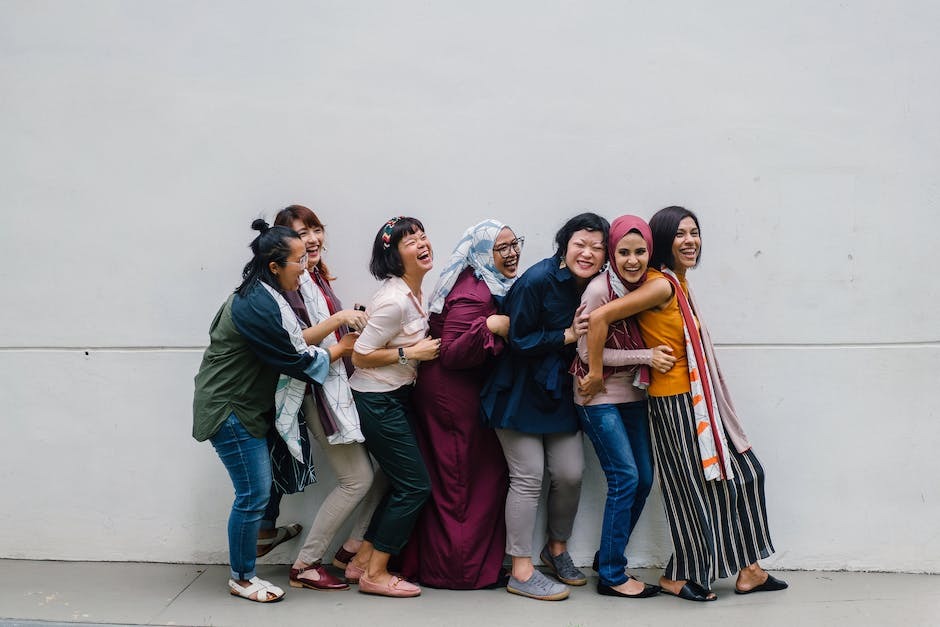The image of the empowered female has become a romantic ideal for many women of multiple generations and races. While female rights have made consistent strides throughout recent history, the support for women struggling with addiction has fallen to the back burner.
There has been little acknowledgment of the different effects and needs addiction treatment has on women. Due to this disregard, there has been no safe space for women to get unique treatment.
Discussing the taboo nature of women’s treatment can help individuals move past shame. Focusing on female addiction programs and breaking the barriers of social complexities can help women find the recovery they deserve.
How Addiction Affects Women
According to the National Institute on Drug Abuse (NIDA), addiction affects women differently than men, as there are factors of hormone imbalance, menstrual cycle, fertility, etc. Women can also become addicted to substances through smaller or less frequent doses than men. These factors can contribute to addiction being stronger or manifesting through different symptoms in women.
While general recovery treatment facilities are effective, they cannot satisfy the nuances that women in recovery face. This can manifest in long-term issues that were never met through standard treatments. These issues that slip through the cracks can undermine a woman’s recovery.
More importantly, standard treatment does not address addiction risks during pregnancy. From 1999 to 2014, the number of women with experienced disordered labor and delivery from opioid use quadrupled. Due to these differences, it is imperative that treatment also be treated differently.
Stigma That Encourages Addiction
The stigma related to women’s treatment has grown. In fact, alcohol addiction has become culturally excepted in the United States. According to the article “Female Drinking on the Rise as Alcohol Companies Target Women,” published by CBC News, alcohol companies are targeting ads toward female demographics.
Alcohol ads have aimed to offer drinking as a form of dieting and fueled the idea that you must compete with male peers in intake. Nutrition starving and outdrinking male coworkers have not only been proposed but encouraged by alcohol brands.
The most troubling side effect of this marketing is its targeting of mothers. Wine, specifically, has been marketed to women 40 and older. This market has fed into the image of a “wine mom.” The substance is seen by mothers as a way to cope with the issues of motherhood.
The exposure to alcohol in youth below the legal drinking age is also increasing more rapidly than in those older than 21. Any desire to get help as a young female in America for drinking is something close to being laughed off. However, the dangers of drinking continue to grow. Furthermore, its uses escalate in women beyond drinking into drug use.
This cultural belief of alcohol use surrounding women has created a stigma. As a result, those that ask for help are often shamed. However, the choice for a healthier lifestyle is an empowering one.
The Choice for Treatment
Asking for help has fallen under the scrutiny of society. The female image has long been defined through long-suffering and silence. This pendulum swung the other way at the turn of the century. Now, the perfect woman is independent and able to outpace their male counterparts. However, this has occurred at the expense of women’s mental health.
The way society treats women feeds into the lie that addiction only lives in substance abuse. An addiction is an addiction. No matter what the substance, we qualify for help and support. This help and support start with the choice of treatment.
Breaking an addiction is not insignificant. In a world that runs social functions with alcohol, it can be challenging to make the first step for yourself. We often rationalize our actions based on what society deems as correct. However, the choice can free you from feeling out of control.
You Are Not Alone
When deciding that you need help, know that you are not alone. There are thousands of women recognizing the danger that accompanies drinking and seeking support. It is not an easy choice. In fact, it is one made out of bravery.
You are not only bettering your life but opening the door for those around you. Treatment and recovery are a chance to break the stigma surrounding woman-focused recovery. Whether you are a student, a working professional, or a mother, we all need support in our fight against addiction.
Reaching Out to Others
In a society that mislabels what’s important, we must not be afraid to advocate. If you see a friend or family member that is relying on alcohol or drug use to an unhealthy level, don’t be afraid to be their silent support. We often do not realize we have fallen into the hands of addiction until it is too late. Reaching out for help is the first step toward the life we deserve.
While our culture ignores the importance of women-focused treatment, First Steps Recovery bases our success on the ability to serve the needs of women through our unique treatment. If you are exploring treatment for yourself or someone you love, there are options available. First Steps Recovery is not just invested in your drug or alcohol rehabilitation but in completely freeing you from addiction’s grip. We ensure that your treatment is uniquely tailored to your journey and accounts for all gender differences that could affect your fight against addiction. First Steps Recovery is an accessible drug and alcohol rehabilitation center that will fight alongside you as you progress through treatment. Fear of judgment should never stand between you and your happiness, especially if it is based on society’s stigma. You are worth getting help. Call First Steps Recovery at (844) 489-0836 for more information.




